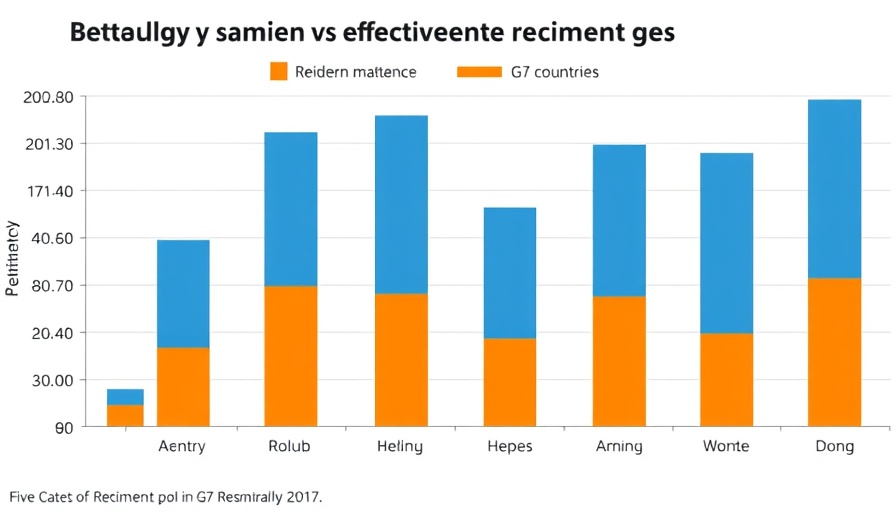
The Transformative Power of Agentic AI in HR Strategy
As we move further into the digital age, the promise of agentic AI holds immense potential in reshaping the future of human resources. At the recent Cultivate Talent Summit, the significance of agentic AI was discussed by leaders and experts, including Eightfold’s co-CEO, Chano Fernandez. According to Fernandez, agentic AI comprises systems that not only assist but also autonomously make decisions and adapt to changing circumstances. This capability is particularly impactful as organizations navigate talent acquisition, development, and overall workforce strategy.
Why HR Leaders Must Embrace Change
According to a PwC report, AI, inclusive of agentic systems, is projected to contribute a staggering $15.7 trillion to the global economy by 2030. For Chief Human Resources Officers (CHROs) and other operational leaders, this presents an unprecedented opportunity to redefine how talent is managed. As employee engagement and performance are increasingly linked to technology, it is imperative for HR leaders to not only understand these technologies but to lead the charge in integrating them into their organizations.
Tackling Workforce Challenges with AI
Despite its promise, the transition to using agentic AI is not without challenges. The 2025 Global Human Capital Trends report by Deloitte highlights a glaring issue: 66% of managers indicate that new hires often fall short of job expectations. This gap can largely be traced back to lack of experience. As organizations increasingly turn to AI for solutions, HR professionals must ensure that these technologies address, not exacerbate, the hiring and talent development challenges that already exist.
The Evolution of HR: From Management to Leadership
In this era of rapid AI integration, HR professionals are urged to step up and lead this evolution. As they embrace the dual role of managers and strategic leaders, CHROs and Chief People Officers must prioritize their own learning and adaptation. This involves fostering a culture that not only accepts AI as a tool but celebrates its potential to enhance human capabilities and drive business outcomes. By doing so, they create not just a high-performance culture but also an empowered workforce prepared to thrive alongside intelligent machines.
Conclusion: The Call to Action for HR Leaders
As the integration of agentic AI becomes not just a possibility but a necessity, it’s clear that now is the time for CHROs and VPs of Talent and HR to take decisive action. By embracing these technologies, they can foster a transformative environment that promotes employee performance, productivity, and personal development. The future of work is now, and it requires leaders prepared to reclaim their time and the potential of their teams.
 Add Row
Add Row  Add
Add 




Write A Comment